Como funcionam os contratos inteligentes?
Um contrato inteligente é um pedaço de código em um blockchain que faz um acordo acontecer automaticamente quando certas condições são atendidas. Pense em uma máquina de venda automática digital. Depois que você coloca a quantia certa de dinheiro, a máquina lhe dá o produto que você escolheu instantaneamente, sem que você precise fazer nada. Da mesma forma, os contratos inteligentes automatizam tarefas como enviar e receber dinheiro, eliminando a necessidade de intermediários. Depois que são executados, eles não podem ser alterados.
O que são plataformas para contratos inteligentes?
Plataformas digitais descentralizadas chamadas "plataformas de contratos inteligentes" são usadas para configurar esses contratos que funcionam sozinhos. Elas tornam possível para os desenvolvedores criarem e lançarem aplicativos descentralizados que podem lidar com negócios complicados sem uma autoridade central supervisionando-os. No caso do DeFi, livrar-se de intermediários melhora a eficiência, reduz custos e encoraja mais pessoas a terem acesso ao dinheiro.
Essas ferramentas ajudam a tornar os processos mais fáceis em muitos campos, permitindo que os desenvolvedores façam contratos seguros, imutáveis e automatizados. Os efeitos não se limitam a usos financeiros; eles também afetam o gerenciamento da cadeia de suprimentos, imóveis e acordos legais.
Coisas importantes sobre plataformas de contratos inteligentes descentralizadas: Como essas plataformas usam blockchains públicas, a rede não é controlada por uma única empresa. Isso a torna mais segura e difícil de censurar.
- Turing completo: A maioria dos sistemas de contratos inteligentes pode fazer qualquer computação se tiver recursos suficientes, o que dá aos desenvolvedores muitas opções.
- Execução por automação: contratos inteligentes são executados automaticamente quando certas condições são atendidas, então ninguém precisa ficar de olho neles manualmente.
- Imutável: Uma vez configurados, os contratos inteligentes não podem ser alterados. Isso mantém os negócios seguros e honestos.
Ethereum ainda é a ferramenta de contrato inteligente mais popular, embora tenha sido lançada apenas em 2015. É famosa por ter muitos recursos que ajudam aplicativos descentralizados (dApps) e a Ethereum Virtual Machine (EVM), que executa contratos inteligentes. A comunidade DeFi é construída em torno do Ethereum, que tem a maioria dos contratos inteligentes em uso. Sua atualização mais recente, Dencun, torna a segurança ainda melhor, solidificando seu lugar como líder neste campo.
A Binance Smart Chain (BSC) é uma opção mais rápida e barata para Ethereum que funciona com a Ethereum Virtual Machine (EVM). É uma escolha popular para aplicativos DeFi, trocas de token e yield farming porque funciona bem e não custa muito. Um número crescente de dApps e usuários são atraídos para a BSC porque ela tem taxas baixas e um alto rendimento de transações.
Uma nova criptomoeda chamada Solana se tornou muito popular muito rapidamente. Ela é conhecida por ter baixas taxas de transação e um método de consenso exclusivo chamado Proof-of-History (PoH). Solana se tornou uma força poderosa, liderando em carteiras ativas e volume de dApp, apesar dos problemas que surgiram após o escândalo da FTX em 2022. Novos recursos como Blinks e Actions estão tornando mais fácil para Solana promover o uso de bitcoin em todo o mundo.
A Polkadot tem uma resposta especial porque seu modelo de parachain permite que diferentes blockchains trabalhem juntas. A Polkadot permite que os negócios sejam processados em paralelo, o que torna a comunicação entre cadeias, DeFi e gerenciamento de ativos mais fácil. O novo recurso JAM (Join Accumulate Machine) torna a Polkadot mais escalável e uma ferramenta flexível para desenvolvedores que buscam soluções entre cadeias.
Por que as plataformas para contratos inteligentes são importantes?
No ambiente de blockchain, plataformas de contratos inteligentes são muito importantes porque tornam as transações automáticas e fornecem uma base segura e imutável. Motivos pelos quais são importantes:
Automação: Como as plataformas de contratos inteligentes realizam arranjos automaticamente, não há necessidade de intermediários. Isso reduz os custos de transação e acelera os processos.
Segurança: Uma vez que os contratos são configurados nessas plataformas, eles não podem ser alterados. Isso as torna um lugar seguro, onde os negócios são quase impossíveis de adulterar ou alterar.
Transparência: Cada troca nessas plataformas é salva em um blockchain público. Isso torna o histórico de interações claro e fácil de verificar.
Eficiência: Eliminar intermediários acelera e reduz o custo das transações, o que leva a grandes melhorias na eficiência dos negócios.
Plataformas de contratos inteligentes precisam lidar com alguns problemas.
Plataformas de contratos inteligentes têm a capacidade de mudar as coisas, mas também apresentam problemas:
Escalabilidade: Algumas plataformas ficam lotadas quando o número de dApps usados aumenta, o que faz com que as taxas de transação subam.
Complexidade: Você precisa saber muito sobre contratos inteligentes para escrevê-los com segurança e eficácia, e mesmo pequenos erros podem ter grandes custos.
Incerteza regulatória: Em muitos lugares, a situação legal dos contratos inteligentes ainda não está clara, o que pode dificultar a conformidade.
Plataformas como a Ethereum foram atacadas por usarem muita energia por causa de seus sistemas de Prova de Trabalho (PoW), especialmente antes de mudarem para Prova de Participação (PoS).
Como as plataformas de contratos inteligentes mudaram ao longo do tempo
Nós da ZhenChainMicro achamos que a ascensão das plataformas de contratos inteligentes é um passo necessário para o blockchain. Mais do que apenas aplicativos descentralizados, essas plataformas estão mudando os negócios ao oferecer soluções seguras, automatizadas e eficazes. Entender as diferenças entre plataformas como Ethereum, Binance Smart Chain, Solana e Polkadot é importante para investidores e desenvolvedores que querem aproveitar ao máximo esse mercado em rápido crescimento.
Existem diferentes benefícios para cada site. Ethereum é o melhor porque tem o maior grupo de desenvolvedores e as atualizações de segurança mais recentes. Como as transações acontecem rapidamente e há novas maneiras de chegar a um acordo, Solana é uma boa escolha para aplicações de alto volume. Pessoas que procuram opções baratas e úteis ainda gostarão da Binance Smart Chain, e o recurso cross-chain da Polkadot torna mais fácil para os ecossistemas de blockchain trabalharem juntos.
À medida que essas plataformas se desenvolvem, elas abrirão grandes chances de tornar as coisas mais fáceis, cortar custos e aumentar a confiança em sistemas independentes. Atualizações regulares como Dencun da Ethereum, Blinks da Solana e JAM da Polkadot mostram como os contratos inteligentes estão se tornando mais populares e importantes em muitos campos.
O que vem a seguir para plataformas de contratos inteligentes
Em um mundo descentralizado, plataformas de contratos inteligentes estão se tornando muito importantes. Elas têm a capacidade de mudar completamente muitas indústrias, e isso é apenas o começo. À medida que se desenvolvem e crescem, elas darão às pessoas e empresas as ferramentas para simplificar tarefas, torná-las mais seguras e construir confiança, tudo sem a necessidade de uma autoridade central.
Na ZhenChainMicro, achamos que essas ferramentas de contrato inteligente são para onde o blockchain irá em seguida. Essas plataformas serão muito importantes na próxima onda de inovação do blockchain, à medida que mais casos de uso surgirem e a tecnologia ficar mais fácil para mais pessoas obterem.
Até agora, as mudanças que vemos são apenas o começo de um futuro autônomo, onde contratos inteligentes controlarão não apenas as transações financeiras, mas também toda a economia digital.
Isenção de responsabilidade:
ZhenChainMicro é um parceiro oficial da Goldshell. Estamos envolvidos na venda de equipamentos de mineração de criptomoedas e mineradores, mas não mantemos, negociamos ou armazenamos nenhuma criptomoeda. Embora aceitemos criptomoedas como forma de pagamento, nosso negócio é estritamente limitado a fornecer hardware de mineração de criptomoedas. Não oferecemos nenhum serviço financeiro, produto de investimento ou nos envolvemos em nenhuma transação de criptomoeda fora do recebimento de pagamentos por nossos produtos. Todas as transações são para a compra de equipamentos de mineração apenas.

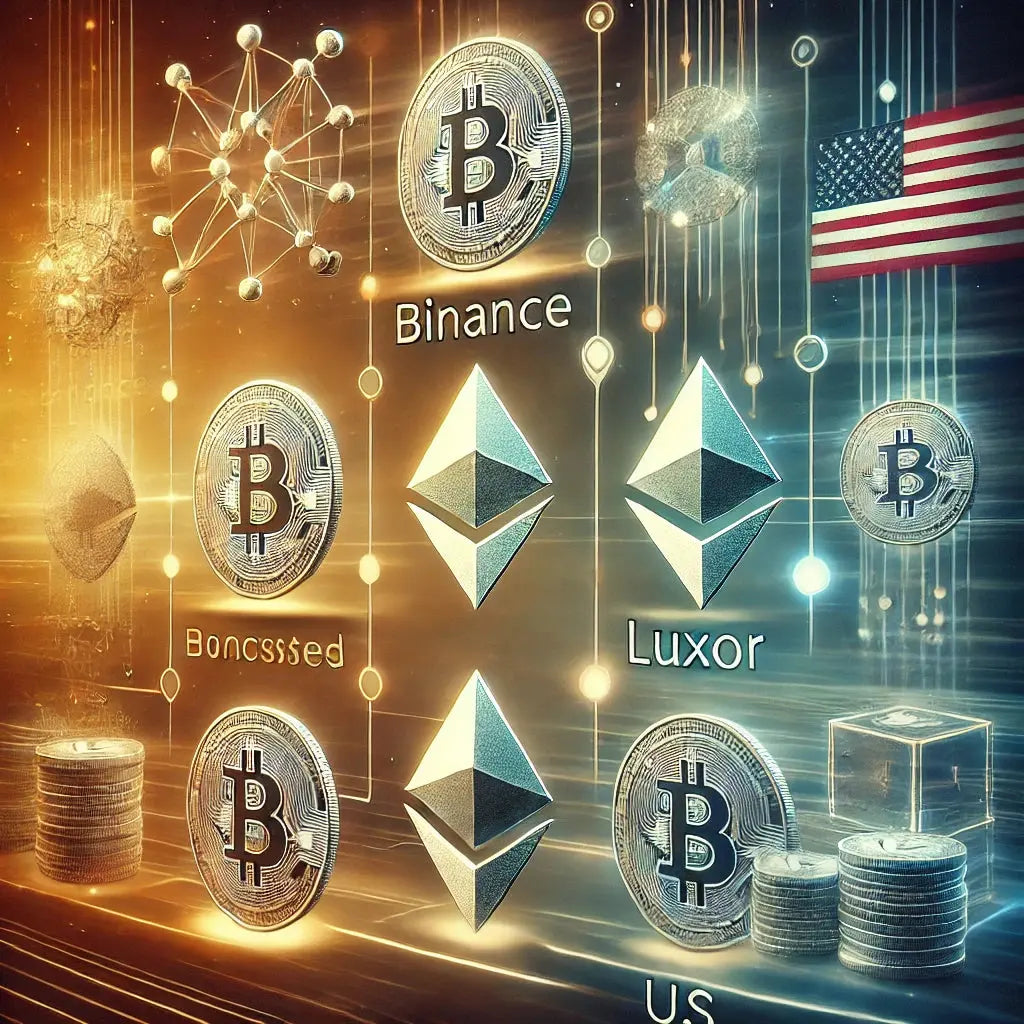
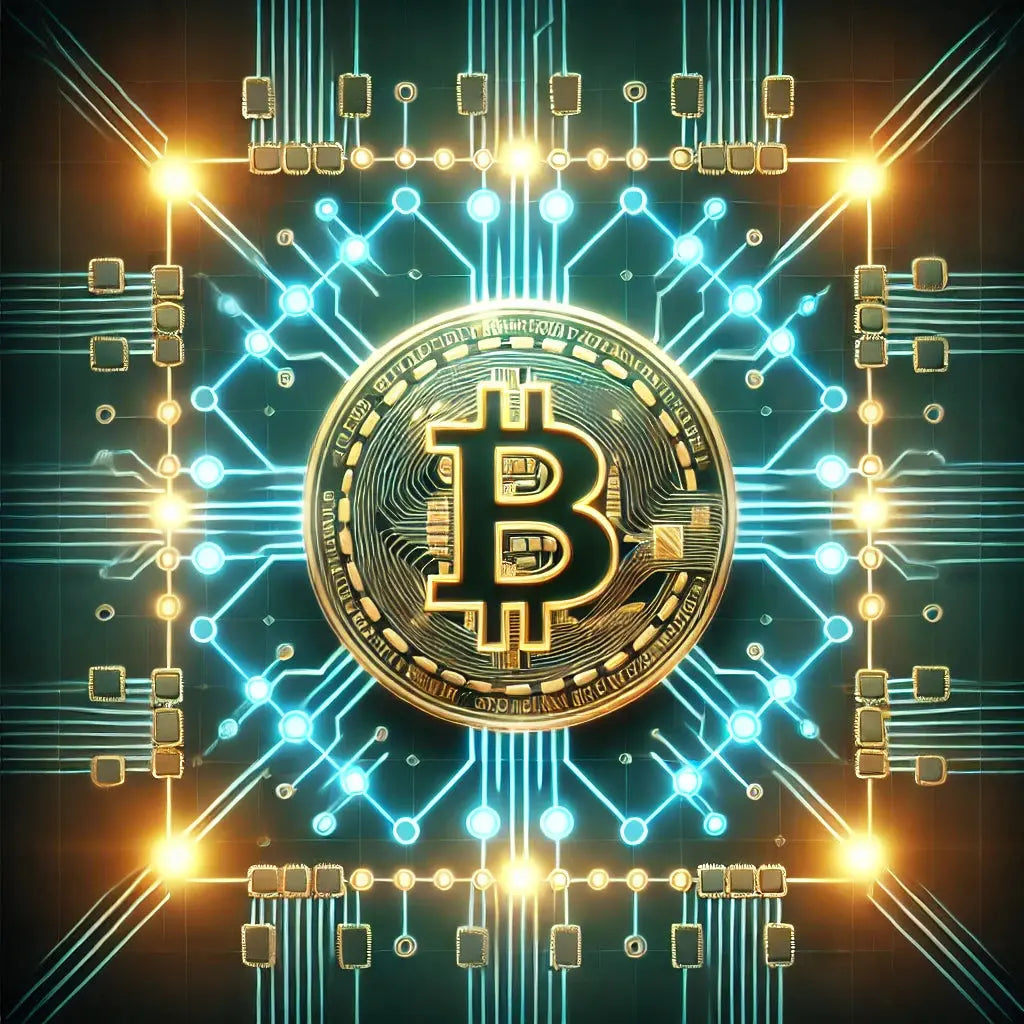
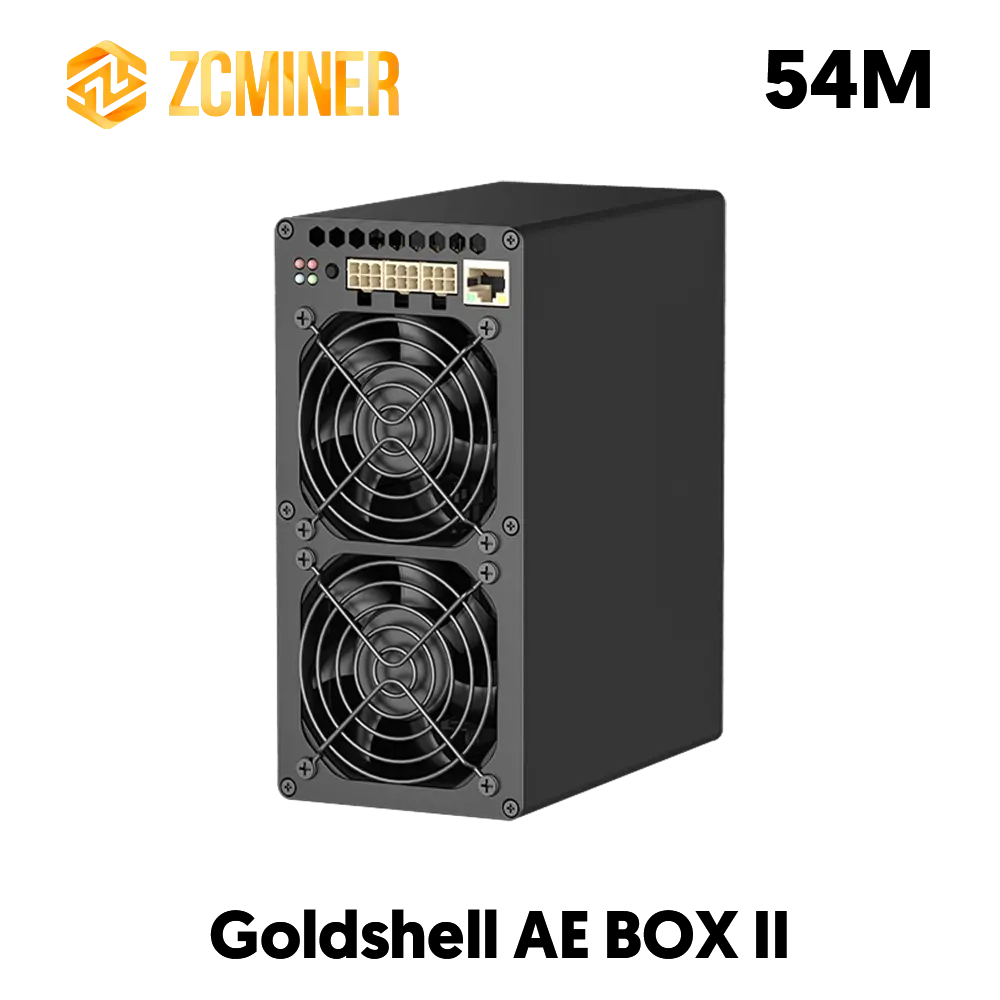
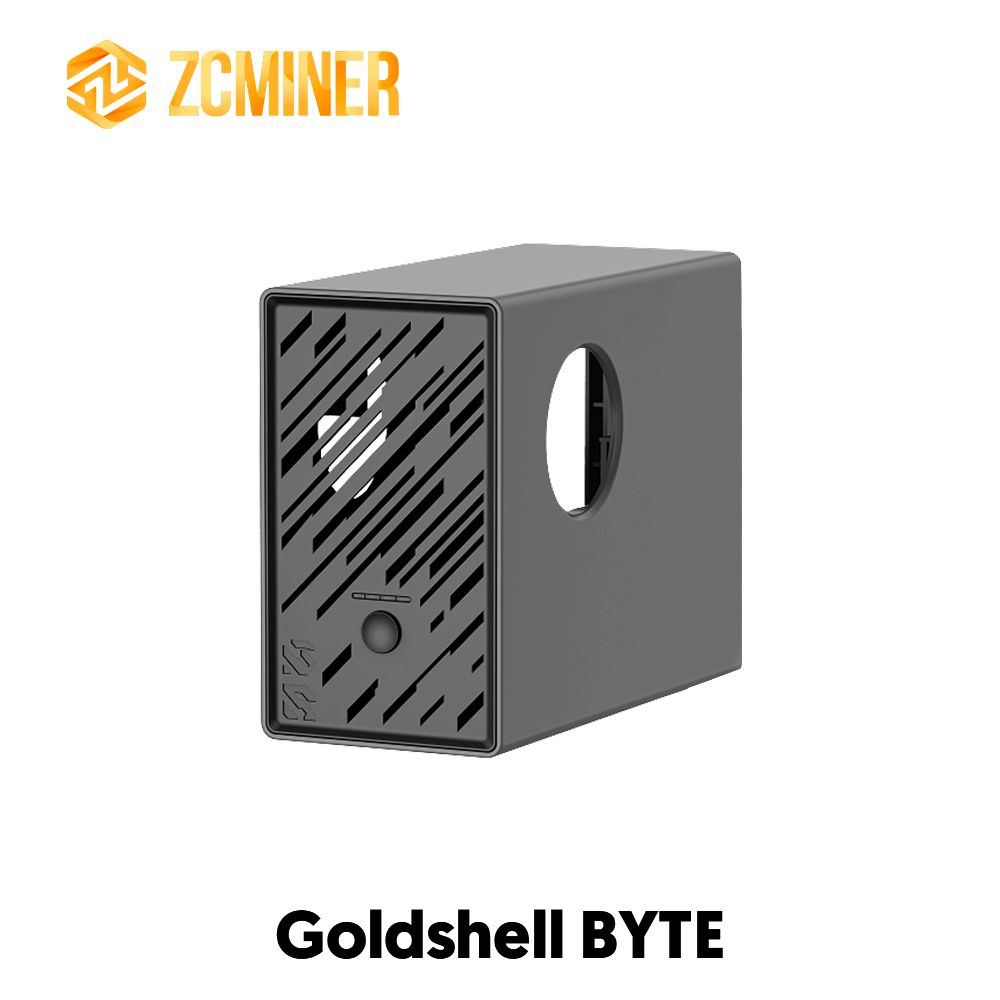
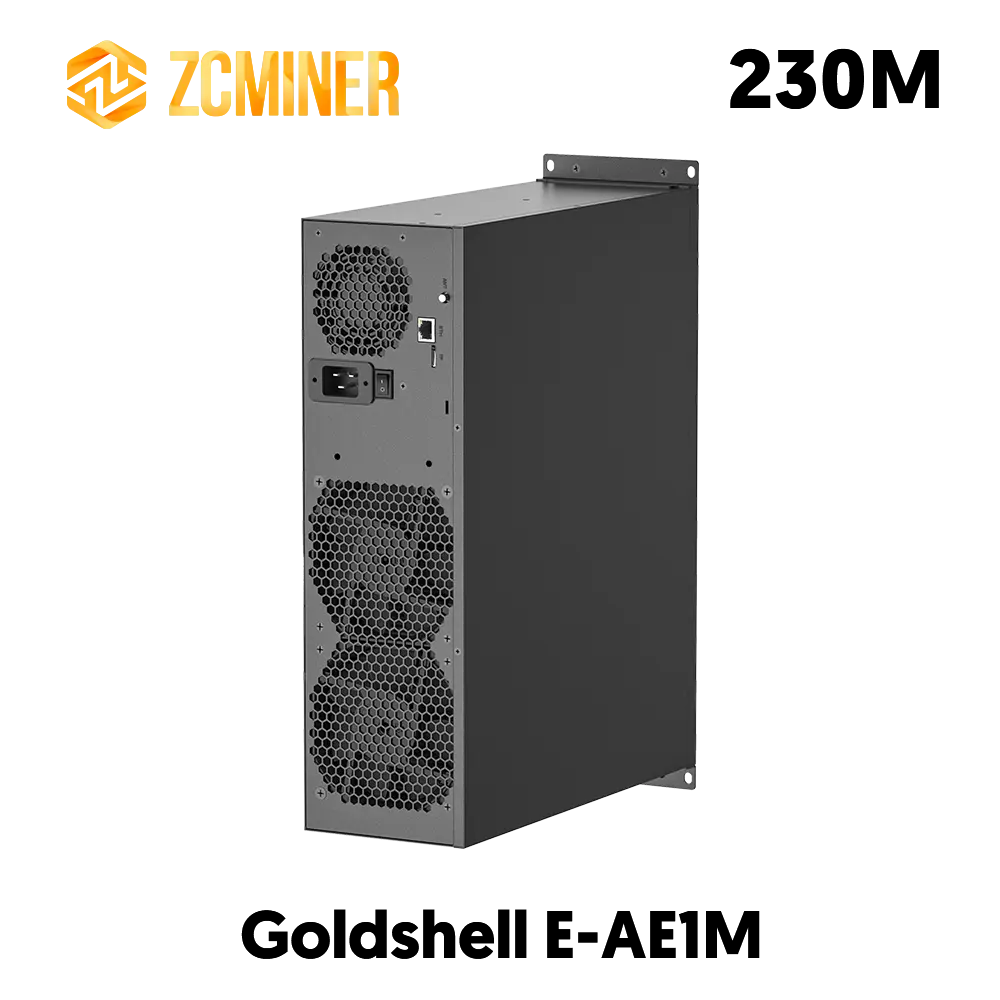
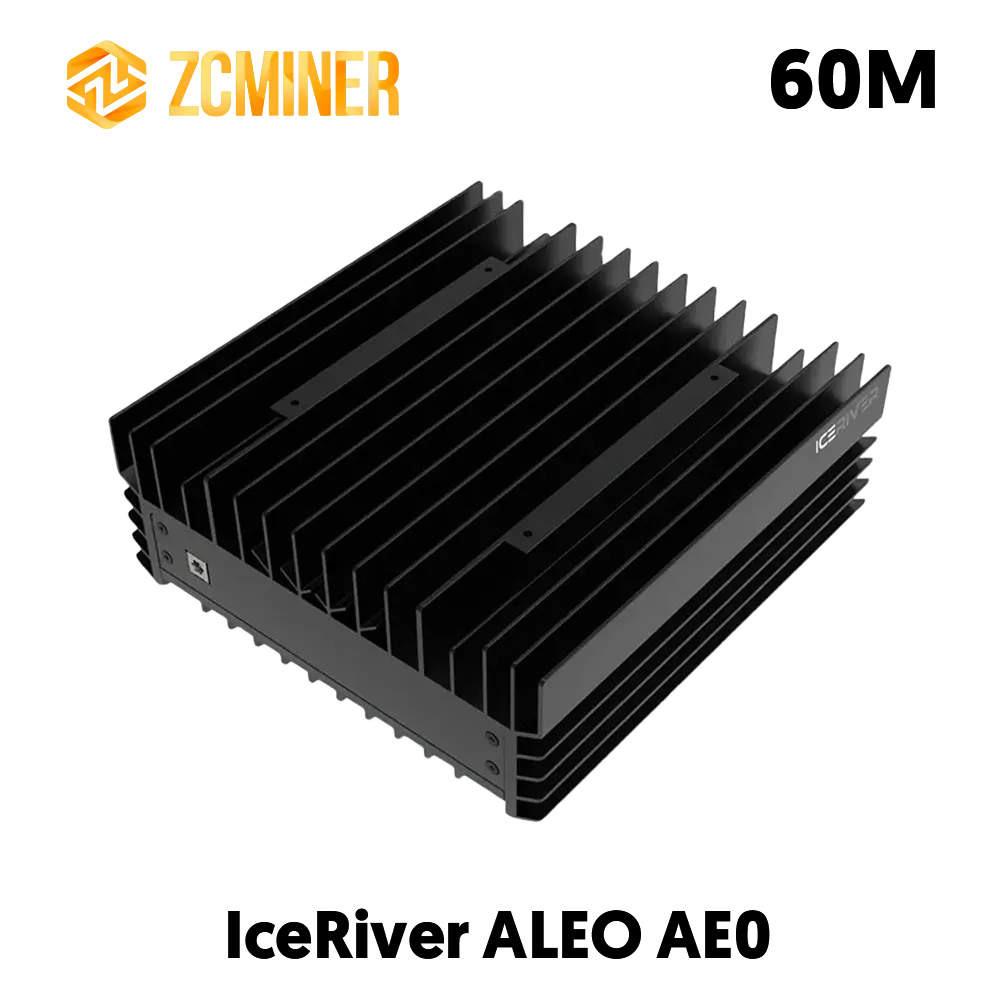


Deixar comentário
Este site é protegido por hCaptcha e a Política de privacidade e os Termos de serviço do hCaptcha se aplicam.